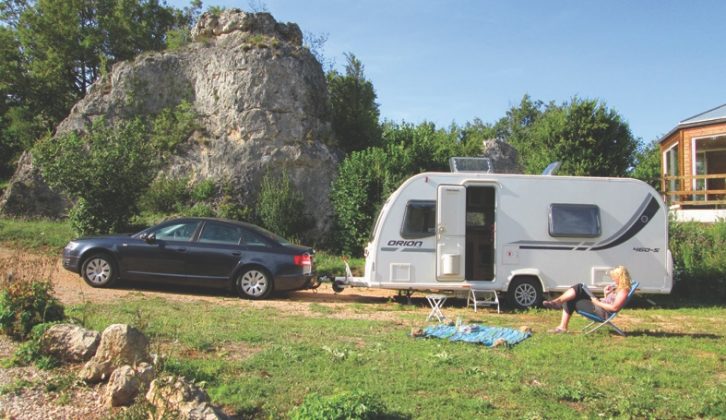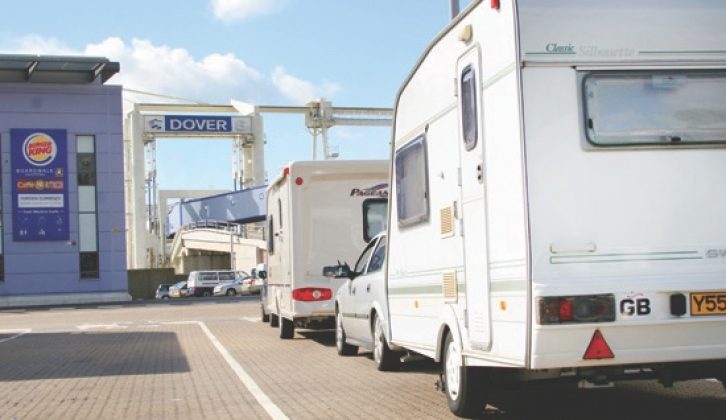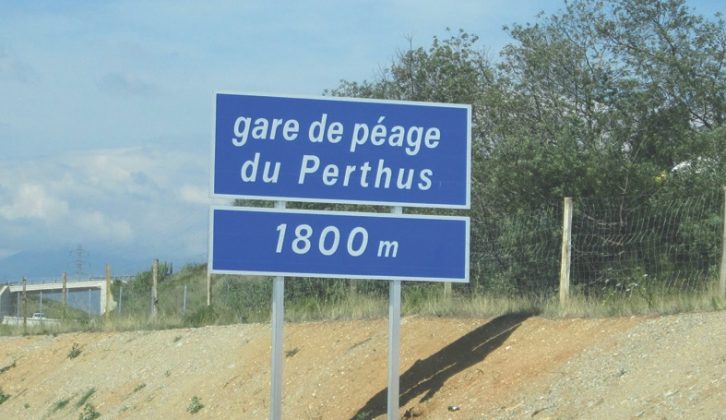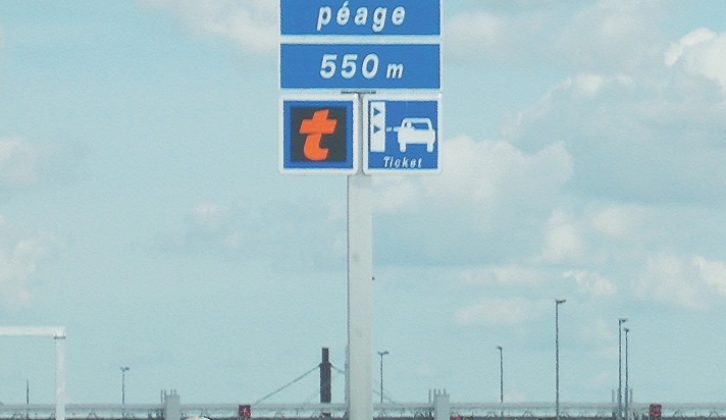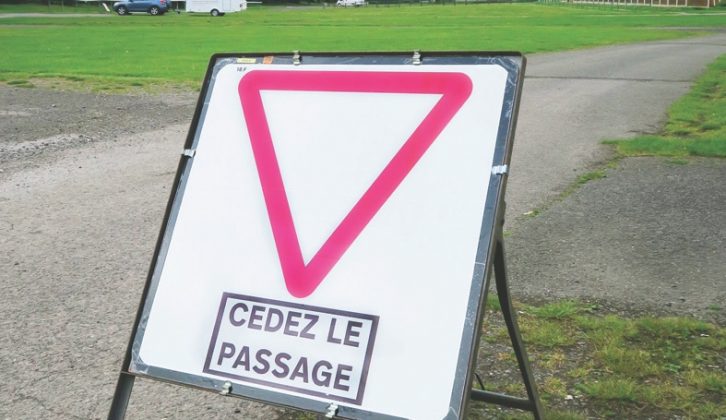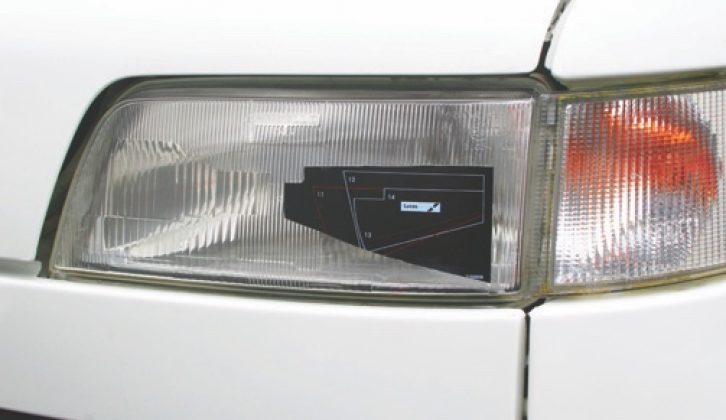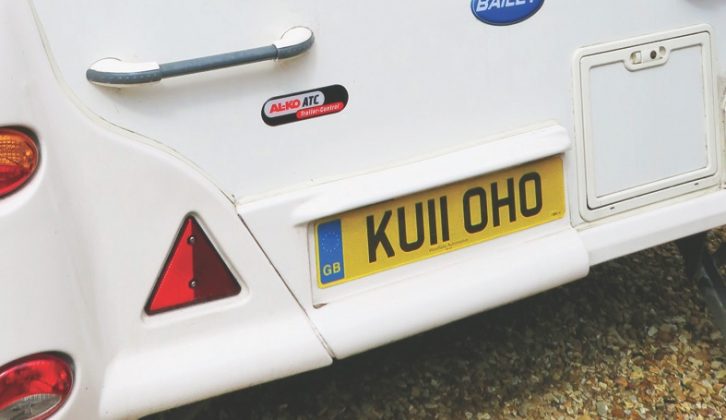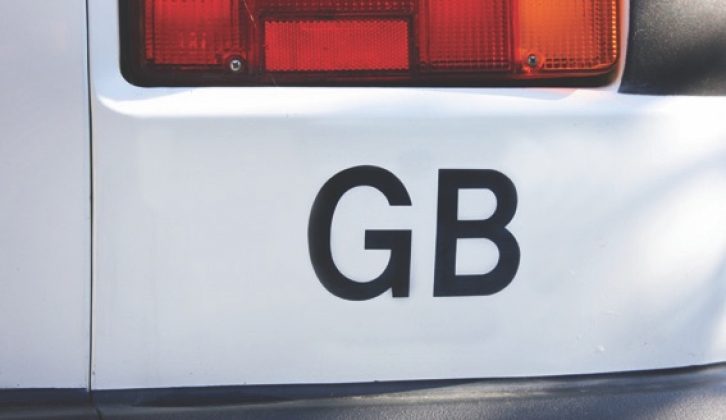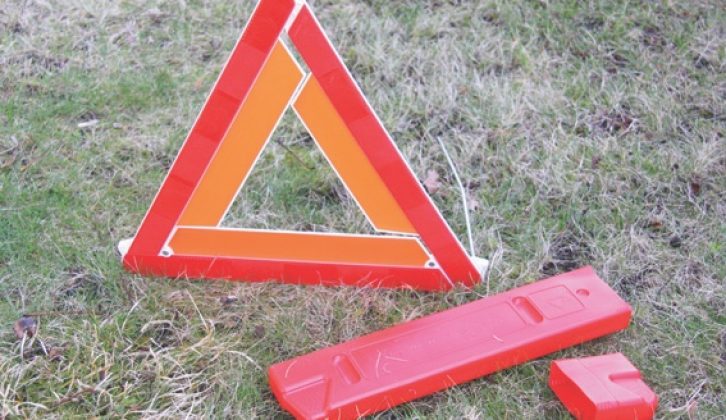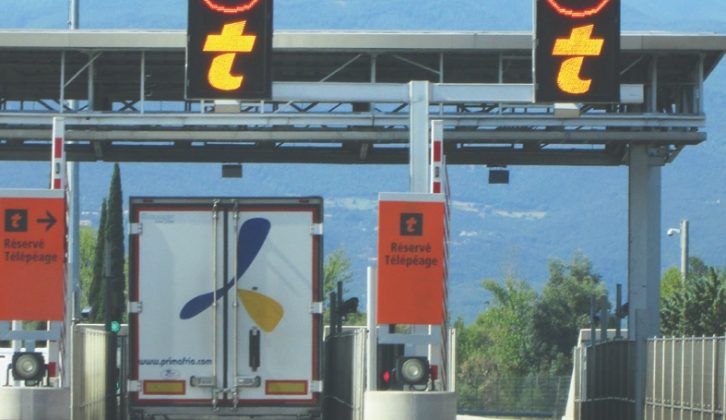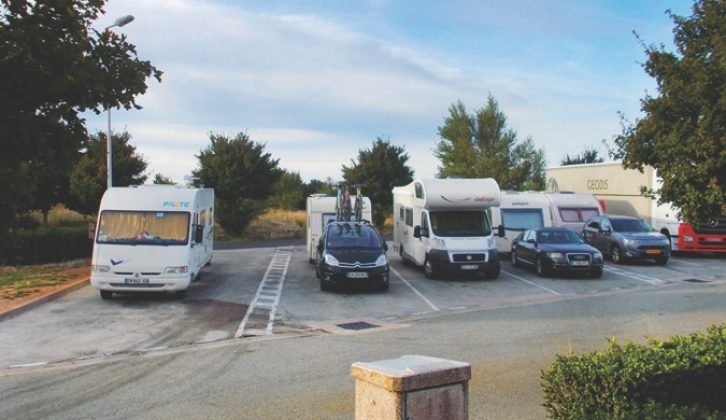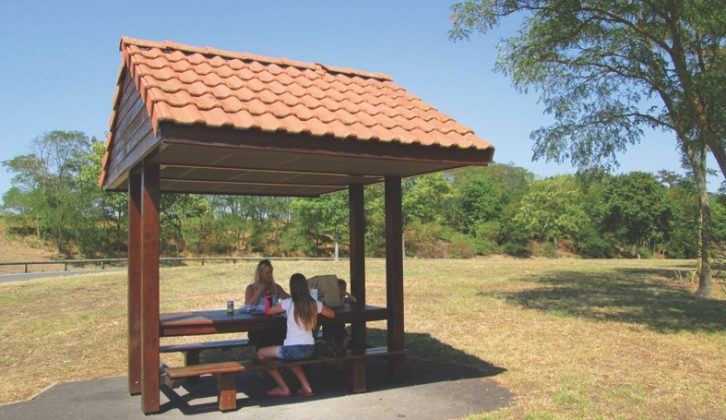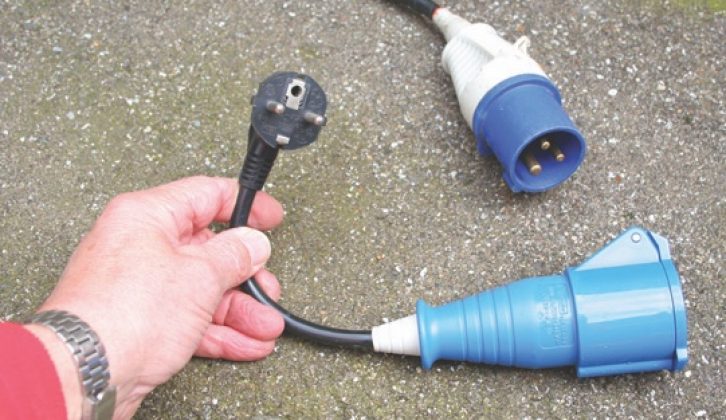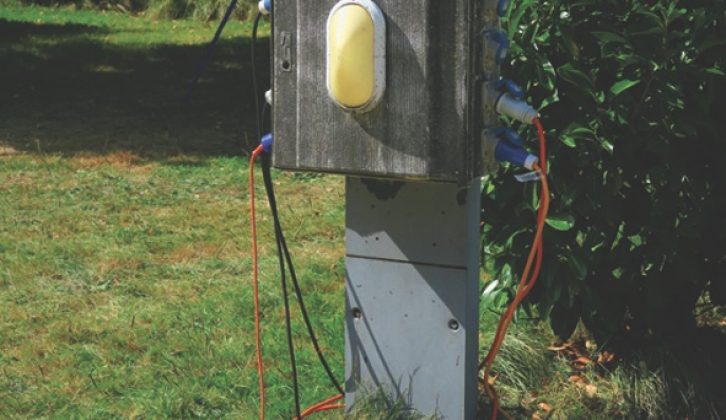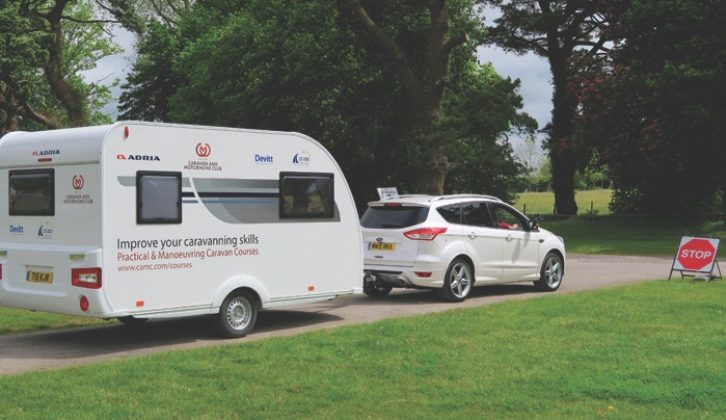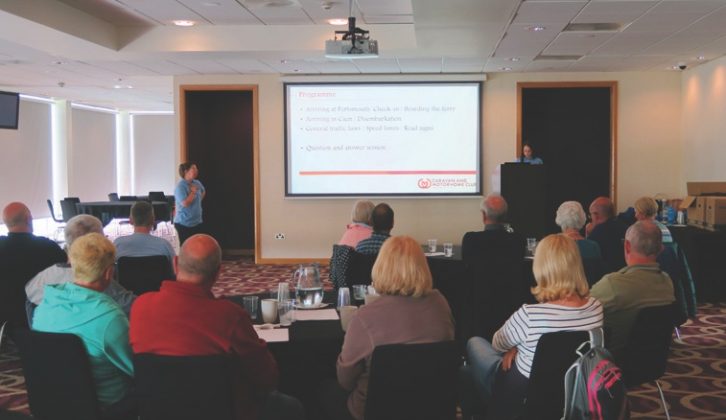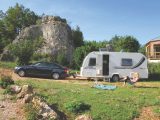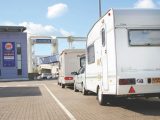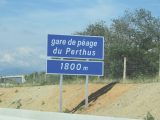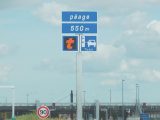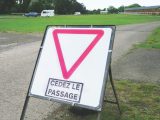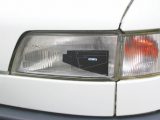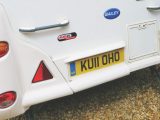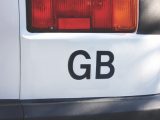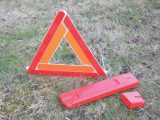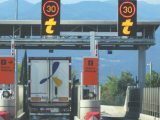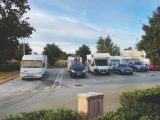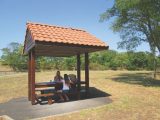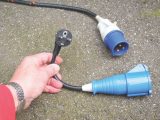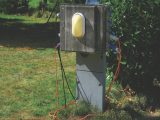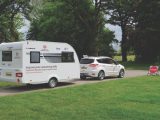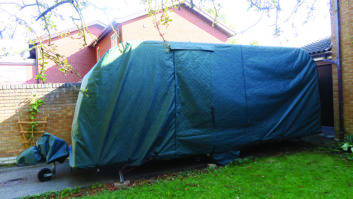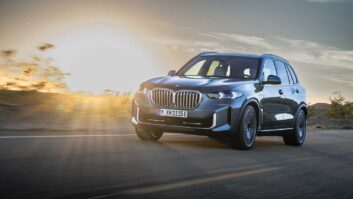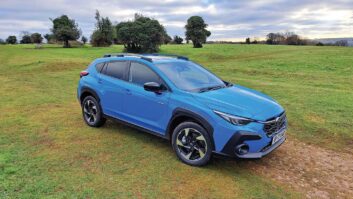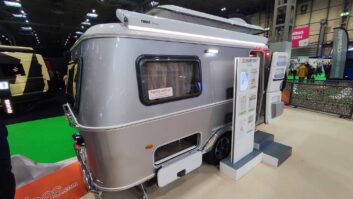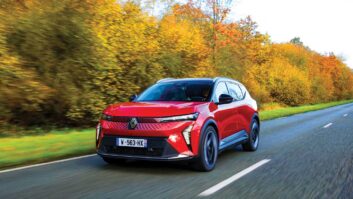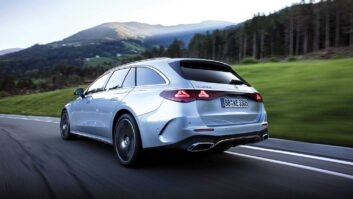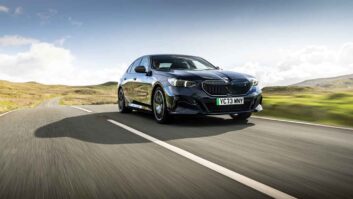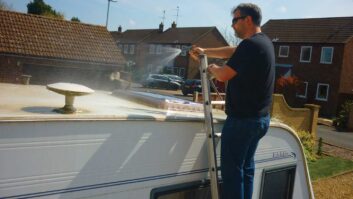When I was growing up, my family spent long, hot summers on the beautiful Costa Brava, lapping up the warmth of the Spanish sun and swimming in the crystal-clear waters. So it was inevitable that when I bought my Bailey Orion 460-5 in 2013, the first thing I said to my husband was, “Let’s go to Spain!”
For some, touring abroad might seem daunting – towing on the right-hand side, tolls, foreign languages, different road regulations and so forth. But don’t let this dampen your wanderlust. Here are some top tips to help you get ready for your big adventure.
Prepare to travel
The main gateways to Europe are via ferry ports, including Bilbao, Calais, Caen, St Malo and Santander, to name but a few. For those who dislike travelling by ferry, there is also the option of the Eurotunnel from Folkestone to Calais.
The bonus is that it only takes 35 minutes to get across to France under the English Channel, by comparison to one hour 30 minutes by ferry from Dover to Calais.
Once you drive off the ferry or train, you must remember to drive on the right-hand side of the road (except for Ireland, Malta and Cyprus).
Driving regulations vary from country to country, so it is also advisable to check the latest legal requirements before you travel, and identify what you will need for your various destinations.
Plan your itinerary before leaving home and invest in some up-to-date maps, because sat-nav can sometimes lead you astray. We had a particularly scary moment using Google maps to navigate around Paris.
This did not take account of the height of the caravan and tried to direct us through a road tunnel that was too low for our van. Luckily, with a bit of quick thinking and reverting to a good old paper map, we were able to find an alternative route.
Remember to switch off the function on your sat nav that warns of fixed speed cameras, because this is illegal in places such as France.
Bear in mind, too, that for driving at night, it is mandatory in most countries to adjust the headlamp pattern of your car, to avoid dazzling oncoming traffic (only if driving on the right-hand side).
Alternatively, purchase some headlight deflectors, which are readily available from outlets such as Halfords and Amazon, or at the ferry terminal.
It is also obligatory to display a nationality plate or GB sticker and some countries will impose fines if this is missing.
In the event of a breakdown or incident, it is important that you carry a warning triangle, which most modern cars have supplied as standard kit. Don’t forget, either, that you will need to carry hi-vis vests for all members of the party. In France, you must put on your hi-vis before exiting the car, so make sure they are kept close at hand.
Most European road networks have toll booths on the major motorways. You normally have the option to pay by cash or card, but I would recommend purchasing an Emovis Tag if you are driving through France, Spain or Portugal.
This allows you to enter the special lanes marked with a ‘t’ and means you do not have to stop. Just drive very slowly until you hear a beep and the barrier opens. I find that this is particularly useful if you are driving on your own.
You will then be charged via direct debit, usually a month later. It saves a lot of hassle and facilitates a smooth journey.
Take a break
It usually takes us two days to drive down to Spain and, travelling with children, we make regular stops.
France has some fantastic aires dotted at regular intervals along the motorway. Usually, there are dedicated parking areas for caravans, but they often get busy in the holiday period, so you could use the lorry parking as an alternative.
Some aires have play areas for the children, and pleasant picnic areas, which can all help to make a long journey a bit more tolerable.
Alternatively, you could break your journey by booking a stopover en route. On one of our trips to Spain, we stumbled upon a hidden gem, not far from Millau in France. The scenery was spectacular, and the site was quiet and well-equipped. Just what you need after a day’s driving.
When you reach your site, you’ll find that most European touring parks are quite similar to those in the UK, but there are a few key things to consider, particularly power supplies.
Electricity
Some campsites do not include hook-up in their prices. Instead, they charge a daily flat rate, or a metered fee for the electricity used, so check before booking.
On a recent visit to the Jura region in France, we struggled to connect our 25m cable to the hook-up. It only just reached, but meant we had to pitch our van on the hedge boundary and cross a neighbouring pitch.
Take some extra-length cable with you just in case, and don’t forget to buy a cable safety box for the connecting piece.
In the UK and throughout most of Europe, we tend to use a three-pin plug that connects to the hook-up. Most European countries use these connectors (EN60309-2), but some still use the old-style connectors (CEE 17), meaning three-pin plugs do not fit. It’s advisable to buy an adaptor before going on your travels, or you might hire one from the site.
Gas
If you carry Calor Gas bottles (butane and propane), be aware that you cannot exchange them while travelling abroad. Most European countries tend to use Campingaz or LPG cylinders.
It is advisable to take a full bottle with you and if it does run out, you will need to bring home the empty. Some ferry companies restrict the number of gas cylinders you can carry, and LPG is not permitted on Eurotunnel, so check before you set off on your travels.
Escorted tours
If you like the idea of ‘safety in numbers’, consider joining an escorted tour. The Caravan & Motorhome Club’s escorted tour introduces you to overseas driving on its simulated course before leaving the UK, followed by a presentation on top tips and a run-through of the itinerary. You will be in safe hands with one of their experienced instructors.
Final thoughts
Even if you regularly travel abroad, the rules of the road frequently change, so always check the latest updates before departure. The most up-to-date information can be found by visiting www.theaa.com.
Finally, with the uncertainty surrounding Brexit, there are going to be a lot of questions regarding travelling abroad. But they’ll have to be resolved, so don’t let this stop you exploring foreign lands!
Checklist: Don’t forget!
- Warning triangle
- Reflective jackets
- Spare set of bulbs
- First-aid kit
- Maps or sat nav
- Headlight deflectors
- Spare wheel
- Full, valid driving licence
- Proof of insurance
- Adaptor for hook-up
- Extra hook-up cable
- Full gas bottle
On one of our trips to Spain, we stumbled upon a hidden gem, not far from Millau in France. The scenery was spectacular, and the site was quiet and well-equipped
